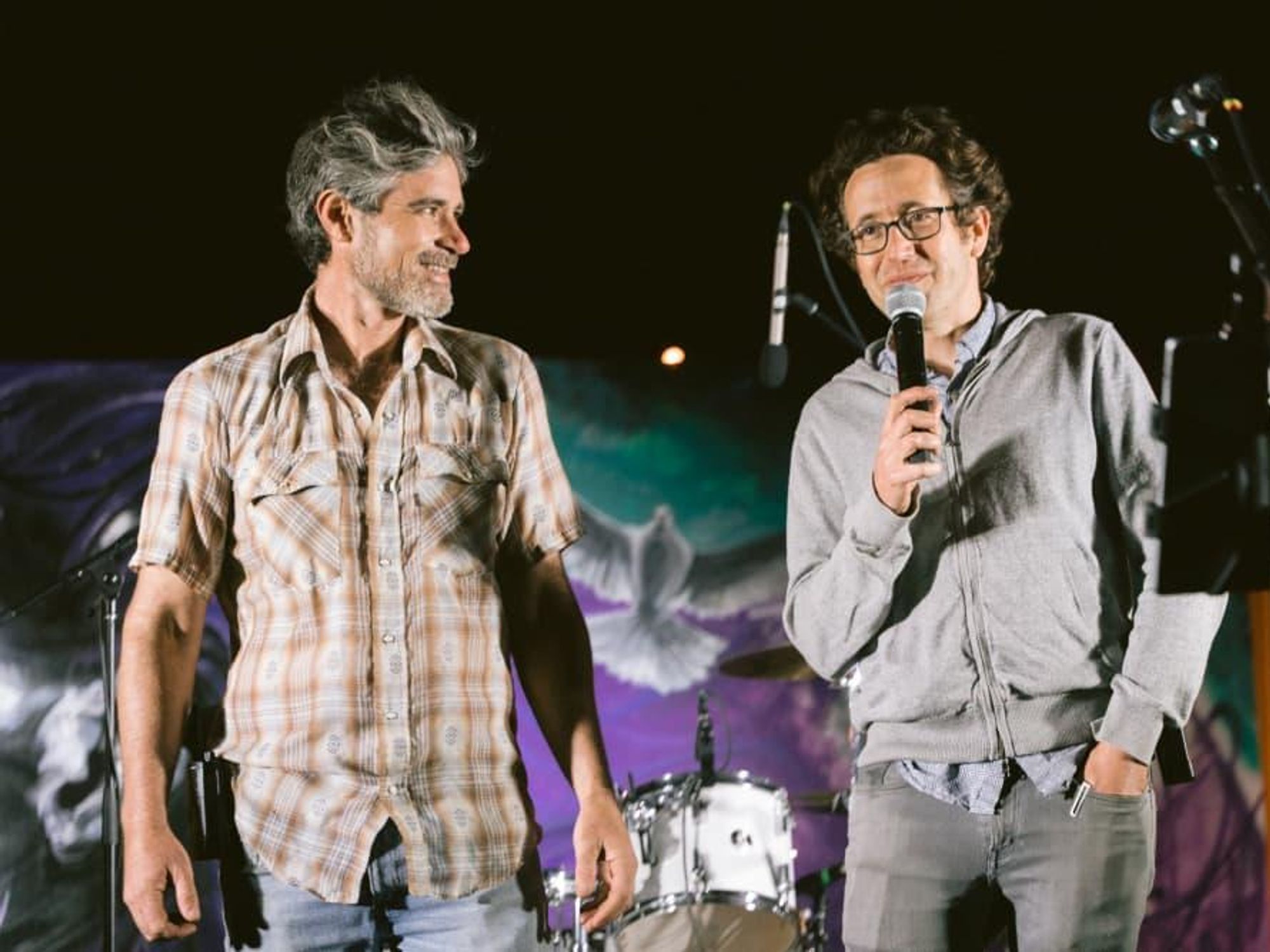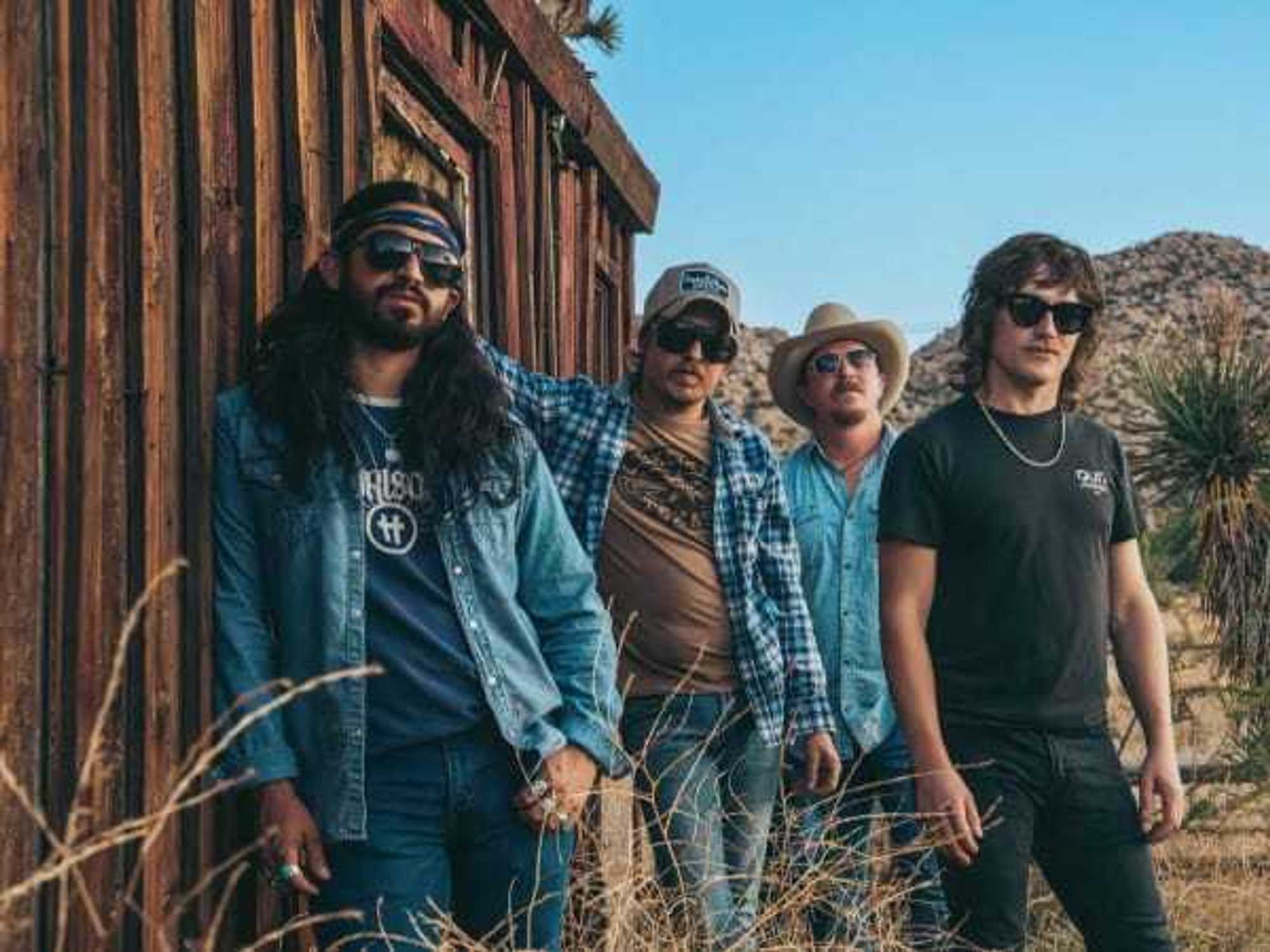Word on the Street
Austin filmmakers tackle homeless crisis in new comedy, Home Free

Plenty of college students had a professor who changed their life. Not too many of them lived with that professor, and even fewer never saw him in a classroom. If you think that sounds like a great setup for a hilarious college comedy, you’re not far off.
This August, Austin-based Onion Creek Productions starts shooting on Home Free, a comedy feature film about an unhoused professor and the 19-year-olds who took him (and more neighbors) in at their six-bedroom house.
The film’s plot stems from the real experience of Onion Creek founder and director Aaron Brown and his University of Texas roommate turned production partner, writer Lenny Barszap of Entertaining Entertainment. Home Free is being filmed in Austin and will likely be released in time for 2022 film-festival season. The film’s goal: Start a poignant conversation about homelessness with mainstream audiences.
The professor was somewhat of a movie trope in real life: experienced, heady, and intellectually liberated past the point of social assimilation. A press summary calls him “the philosopher king of the unhoused.” In what amounts to a coming-of-age film, despite its social mission, the professor is the catalyst for confused heroes Owen and Richard to question their trajectory as good, useful people.
He told a convenient, glamorous story: He was a professor who abandoned academia, by choice, to live on the street. The college kids bought the story, not wondering what could be bad enough to make that choice worth making. Although they never learned the truth about the professor, Barszap wrote an explanation into the film character to reinforce the harsh realities that make an alleged choice necessary.
“Every one of the characters in the movie that are experiencing homelessness all have a different reason that led them there,” Barszap explains. “These are people that need help. They are in this situation that is really hard to get out of. And most of them — I would say almost all of them — they want out.”
Reality is a priority in Home Free, beyond what appears on-screen. Onion Creek enlisted the expertise of two organizations more involved in meeting the needs of unhoused people than some well-meaning college students. The Other Ones Foundation, a holistic community management nonprofit organizes temporary housing, paid work, and sanitation for Austin’s homeless community. Its benefactor, Free Lunch, provides meals to food-insecure Austinites and fundraises through magazine subscriptions. Together, the three organizations kicked off filming for a partner documentary series to the feature film, called Been There.
Much like #MeToo, the Been There TV series is about destigmatizing the experience of being without permanent shelter by acknowledging how many people have experienced it, and how broad those experiences have been. There is no one type of person who can say they’ve been there, nor only one circumstance that got them there. And there is no simple path out. Still, many have broken the pattern and achieved very visible success from nearly invisible beginnings.
Been There highlights community efforts around the United States to build a path to long-term safety, drawing interest through high-profile musical artists and humanizing unhoused communities with concerts just for them. The first episode is currently in the editing process and will likely be released later this year, though where viewers can watch the series is still in the works.
Working with a production team from Austin’s more than 150-person encampment, Esperanza Community, the Been There crew engaged members of renowned musical groups, including Wild Child, Grupo Fantasma, and Black Pumas (whose Adrian Quesada is producing the soundtrack for Home Free) to help create a bigger impact.
The team also held auditions for community members, showcasing Esperanza neighbors like Donald “Hippie” Montgomery in the final lineup. The show was one of many engagements led by The Other Ones Foundation that restores not just basic necessities, but dignity and a human connection in Esperanza and beyond. The event, Brown points out, brought together benefactors, press, artists, and community members on equal ground. Everyone there wanted to be there.
Home Free will extend this ethos of mutual benefit by accepting donations for The Other Ones Foundation and sharing profits while including community members in the cast, crew, and soundtrack.
“Doing good does not have to be sad,” Brown says. “That’s part of what the experiment entails. ... If you’re going to address an issue, there is an opportunity to make the films you want to make, make the music you want to make, but if you tie it into something good that has an impact, it’s this weird symbiotic thing.”
The duo wants to draw audiences in with good times, and help them internalize the feeling of doing something to help. Especially in Austin, organizations are creating replicable blueprints for providing affordable shelter and stability.
Having learned from diving too deep, Barszap says, “Any issue that feels insurmountable, you don’t have to solve it to really have an impact.”
When the UT crew redrew their boundaries, sending their neighbors back into the world, the professor offered them some parting wisdom: Don’t feel bad. Just “keep doing good things.”
